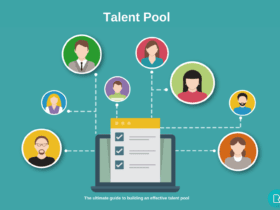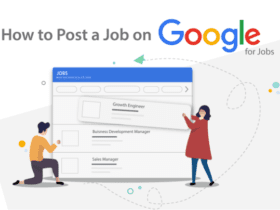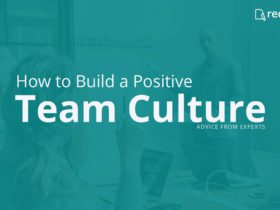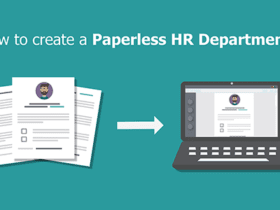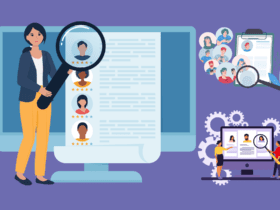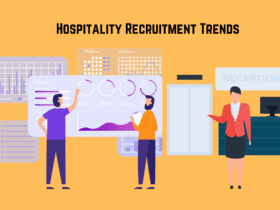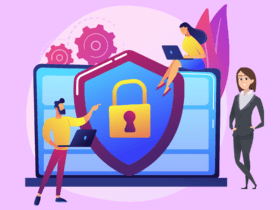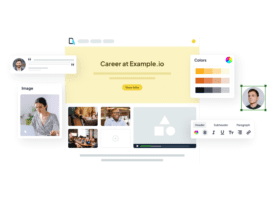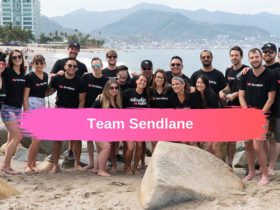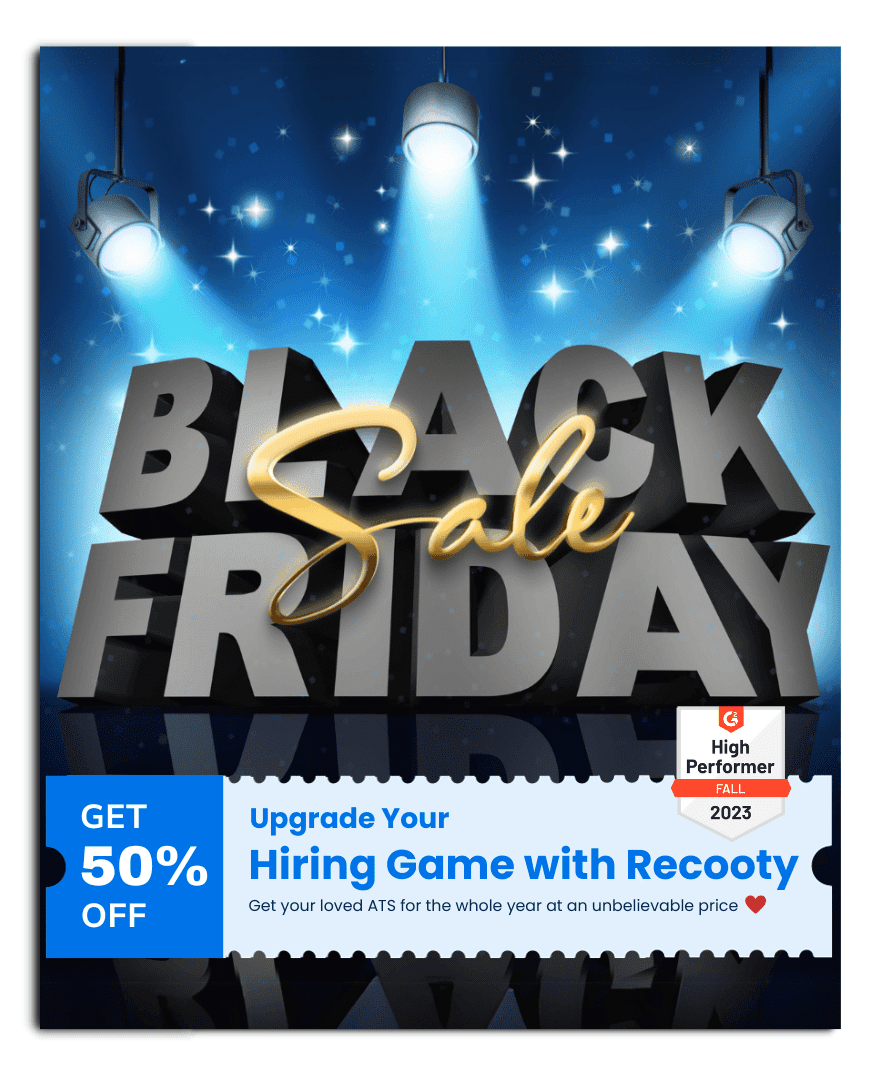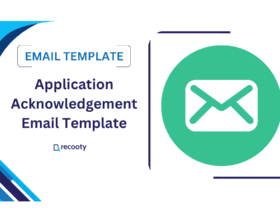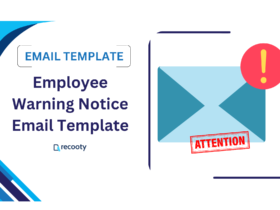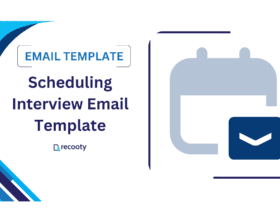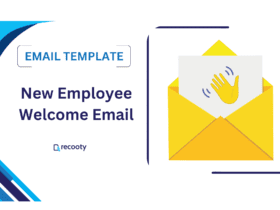Choosing the best interview questions to ask is highly critical in identifying the best candidate for a role. Knowing the good questions to ask in an interview is the key to gaining insights about the candidate and hiring the best. So, you have stumbled upon our list of the top 150+ best interview questions that you can ask your candidates. Read on to find more!
To make sure that you’re hiring the right talent, you need to know the candidate inside out. Of course, a resume does offer insight into the candidate. However, the information shared in the resume is not enough to determine if the person is a great match.


The interview process is time-consuming. More than 40% of recruiters spend more than two weeks on the interview process, and only 25% of them say they hired someone in two weeks or less. So, coming up with a comprehensive list of great interview questions can be a painful task.
However, the fact of the matter is, conducting meaningful interviews is a key factor that sets you apart as an employer. Doesn’t matter if it is a remote interview, or in person, it is critical for the interviewers to be prepared well.
As an effort to help you understand what are the best interview questions to ask, we have come up with this comprehensive guide to our findings. Here’s what you’re going to learn.
List Of Top 150+ Best Interview Questions To Ask Your Candidates
Table of Contents
The most commonly asked interview questions
As tempting as it may seem to ask a set of unique interview questions, this set of the most commonly asked interview questions is great for getting started and getting into the flow.
1. Tell me about yourself
Candidates usually prepare the answer to this way ahead of the interview. This is a great starting question because of two reasons. Firstly, this is a great icebreaker question. It helps to transition from the introduction to the official interview very smoothly. Secondly, it tells you a lot about the candidate. Although there’s no wrong answer to this question, it gives a great insight into the candidate’s way of approaching things.
2. Could you please walk me through your resume?
Like ‘tell me about yourself, this is yet another common but important interview question. This is a great question that can give you an insight into the candidate’s career path and choices. So, candidates usually share their most relevant experience as an answer which can help you determine if they would be a good fit for this role.
3. How did you hear about this position?
Candidates usually mention how they came to hear about the open role in your company. Whether through a job board/website, a friend, or any social media channel. This question would help you understand which channel of promoting your open roles works the best for you.
4. What are your short-term and long-term goals?
Instead of asking for both, you can also ask for either of the long or short-term goals. Short-term or intermediate goals will help you determine how good a fit the candidate would be. Also, the long-term goals of the candidate will help you understand if you’d be able to retain the employee or not.
5. Why should we hire you?
As an answer to this question, the candidates usually try to sell themselves. So, this question tells you a lot about how aware the candidate is about themselves.
6. What are your salary expectations from us?
Most candidates answer this question based on their experience. However, some may also try to deflect from it by answering this question like ‘before getting into the salary expectations, I’d like to know more about this role and the responsibilities it entails.’
7. Why did you leave your last job?
The way candidates answer this question will help you understand their expectations from you as an employer. So, make sure you pay close attention to the answer to this question.
8. What made you choose this field of profession?
This question is usually answered by candidates in a way that describes what were the factors that intrigued them about getting into this field. The answer to this question would help you a lot in determining where the passion of the candidates lies.
9. What is your step-wise decision-making process?
This question will give you a great insight into the critical thinking process and organizational skills of the candidate. So, do they plan out and make decisions or do they merely wing it?
10. What have been your typical role and responsibilities in your previous role?
The answer to this question should tell you about how the interviewee was perceived by their previous employers and teammates. Also, what magnitude of responsibilities were they given?


11. According to you, how would your previous teammates describe you and why?
This question should give you an idea about how the candidate views themselves in the eyes of others and, hence, if they are a team player.
12. What is the one work accomplishment that you’re proud of?
This question allows the interviewees to highlight their strongest qualities. So, this will help you get a high-level view of their achievements.
13. What factors motivate you to work?
Although it’s a simple question, it pushes the candidate to think thoroughly about what truly motivates them. Instead of simple, mundane answers, look for more unique and customized answers.
14. Why did you leave your last job?
By analyzing the answer to this question, you will get an insight into what didn’t work for the candidate in their last job. Also, you get to know how the candidate perceives their last company, even if they’re not a part of it.
15. Would you mind explaining the gap in your resume?
There could be multiple reasons why the interviewee had to take some time off. So, this question can help you get to know the interviewee a little more.
16. What can you do for us that any other candidate can’t?
Every candidate is unique. So, this question is perfect to determine what’s the USP of the candidate and why they’d be the perfect fit.
17. What type of work environment do you prefer working in?
Work culture compatibility is extremely important when it comes to hiring a perfect fit. So, this question would help you identify if the candidate will be able to adapt to your work environment or not.
18. What can your previous company do to get more successful?
This question helps you analyze if the candidate is aware of the growth updates of the company they work in. So, if the answer is good, it means that the interviewee sees the big picture at their company.
19. Where do you see yourself in five years?
This a very cliche but very important question. An ideal candidate would always be professionally driven and engaged in their career goals.
20. How has your past experiences prepared you for this position?
This is a great question to understand if the interviewee’s educational background and previous professional experience would be a good fit for the role.
Interview questions that asses personality
An interview is the only chance you’ll get to assess a candidate’s personality and cultural fit. So, personality interview questions reveal the different aspects of a candidate’s personality. That’s why these questions will help determine a candidate’s suitability for a job.
We had a look at the most commonly asked questions before. So, let’s take a look at a list of some important interview questions that will help you assess a candidate’s personality perfectly.
List of Interview questions that asses personality
- What are your biggest strengths?
- What are your most significant weaknesses?
- What would it be if given a chance to change one thing about your personality?
- What type of people do you find difficult to handle?
- How well do you work under pressure?
- What would you do if your manager asked you to complete a task you thought is impossible?
- Tell me about a time you missed (or almost missed) a deadline. How did you react when you realized you were falling behind? What did that experience teach you?
- Do you favor working alone or in a group? Why? `
- What are you passionate about?
- What types of activities or hobbies do you enjoy outside of work?
- Tell me about a challenging situation that you overcame in the past.
- What hobbies or sports are you involved with outside of work, and why do you enjoy them?
- Describe a time when you dealt with change.
- As a professional, what drives you?
- What makes you unique?
- What is your approach to stress and pressure?
Here are some more personality assessing questions…
- What is a time when you performed above and beyond your duties?
- Give three adjectives to describe yourself.
- What has been the greatest disappointment in your life? How have you dealt with it?
- Can you tell me about a time when you stepped in for someone? Did you succeed? How did it make you feel?
- Do you think you’re easy to talk to?
- Can you tell me about the most useful criticism you have ever received?
- Describe a moment when your boss wasn’t pleased with the outcomes of your work. What did you do differently the next time, and how did you communicate the issues?
- Which book is your favorite, and why?
- What scares you the most?
- Tell me about a time you failed. What would you have done differently?
Behavioral interview questions
Behavioral questions are very important to gain insight into the interviewee’s behavior and personality. So, these questions usually require candidates to share their personal past experiences based on the question.
The most common behavioral questions are-
- Give an instance of a time you required information from a coworker but they weren’t available. How did you act?
- Could you please tell me how did you interact and communicate with your prior managers?
- Tell me about a moment when you were given a task that wasn’t part of your regular job responsibilities. How did you approach the task? Describe what happened.
- What qualities do you think constitute a good coworker?
- Give an instance of a time when you successfully won someone around to your point of view at work. Was the outcome favorable?
- Describe a situation when you had to collaborate with a challenging colleague. How did you manage your interactions with that individual?
- Describe a situation in which you tried everything you could think of yet still came up short. What happened, and why did it not work for you?
- Describe a time when you and your team disagreed. What were your tactics?
- Have you ever deviated from corporate policy to appease a customer?
- Can you describe a situation in which you had to adopt a new system, technology, procedure, or way of thinking that marked a significant change from the way things had always been done? Did it turn into a success?
- Describe a moment when you failed to see a problem’s answer and how you fixed it. What actions have you taken in response to this experience?
- How have you dealt with obstacles at work?
- Describe a moment when you collaborated on a project as a team. Describe your position on the team and the steps you took to support it.
- Has your honesty ever been questioned by a client or teammate? What was your response?
- Can you describe a situation when you were unable to adequately communicate your point? What was a factor in this? Have your communication abilities have they improved?
- Describe a circumstance in which it was challenging to be sincere. What was going through your mind?
More behavioral questions…
- Talk about an occasion when you had to present to a group of people.
- Can you share a situation when a teammate neglected to complete their tasks on a challenging project? How did you act?
- Can you describe an instance when you accepted a change while your teammates fought departing from the established course of action?
- Describe a time when an issue arose while your boss was away. How did you resolve the issue? What was the outcome?
- Describe an occasion when a coworker acted inappropriately. How did you act?
- When was the last time you approached your manager for specific comments, and why?
- Have you ever engaged in dishonest behavior in a difficult scenario at work? What took place?
- How do you calculate a realistic completion time for a task?
- Have you ever been passed over for a promotion? Was it just?
- Is there anything that would make you want to leave your current job?
- What significant goal have you lately attained?
- Consider a time when you felt anxious and overburdened. What were your tactics?
- Describe a proposed project. Describe how you handled the assignment and how you organized it.
- Have you ever handled several projects at once? What were the results of your time management strategy?
- Describe a moment when you successfully assigned a crucial duty to another person.
- Describe a situation in which you had to deal with a challenging client or customer. How did you handle the trying circumstances?
- Can you give an example of a time when you adhered to a rule that you disagreed with? Why did you adhere to it? Describe your feelings.
- How do you organize your workload into priorities?
- How would you handle a disruption to your schedule?
Situational interview questions
Situational questions are very similar to behavioral questions. However, the main objective of situational questions is to analyze how would a candidate react to future situations. So, these questions are more focused on hypothetical situations and how would the candidate handle them.
Here are some great situational questions you could ask your interviewees-
- Describe a situation when you had to put anything else ahead of doing a good job.
- How would you respond if an irate client wanted a meeting with your management without outlining their issue?
- What would you do if you made a mistake and no one noticed?
- You are given a task that you are unable to fulfill. How do you react?
- How would you react if a project you were working on had its priorities abruptly changed?
- How would you respond if your team rejected a fresh concept you proposed?
- If you were given constructive criticism that you didn’t agree with, how would you respond?
- You are working on a crucial assignment but are unable to finish it because you are awaiting assistance from a coworker. How do you behave?
- If you were required to collaborate closely with a coworker on a project but you two couldn’t seem to agree, what would you do?
- How would you react if you were aware that the boss’s instructions were flawed?
- Describe an occasion when you surpassed a client’s expectations.
- How would you respond if an irate client wanted a meeting with your management without outlining their issue?
- What approach would you take if you were required to perform a task that you have never completed before?
- What would you do if your team criticized the problem-solving approach you took after spending a lot of time on it?
- How would you respond if you were not happy with a certain component of your job?
Some more situational interview questions…
- Tell me about a moment when you had a lot of work to do but not enough time to finish it. How did you handle it?
- Describe a time when you had to work with a coworker who was difficult to get along with.
- Tell me about a time when you had to deal with challenging management or a significant customer.
- Describe an occasion when you delivered a powerful presentation.
- Tell me about an instance when you employed your writing abilities.
Skill-based questions
These types of questions are focused on the interviewee’s different soft skill sets. So, these questions assess whether their skill set is the perfect match for what the company needs or desires.
List of best skill-based questions-
- Tell us about your technical and/or professional skill set.
- Have you ever needed to communicate a message to a variety of people? How did you act?
- Describe a choice you made that was mostly dependent on the information you got from asking questions.
- Describe an occasion when you had to present a proposal to a group of your bosses or coworkers. What’d you think? What caused you to believe that happened?
- Give an example of a time when you had team leadership responsibilities.
- Which technical or professional ability do you most want to master?
- How might a remote team handle communication difficulties?
- Tell us about a time when your boss assigned you a new task to do and how you handled it.
- Have you ever experienced a situation when you wished you had paid closer attention to a certain detail? Please give details.
- What steps do you take to stay up to date on potential issues at work?
- Describe how you normally distribute tasks to subordinates.
- Give an instance from your professional career where you utilized communication skills.
- Tell about a time when you had to adjust to a brand-new environment.
- What abilities do you have that could help in this position?
- Give an instance where you used your organizational skills.
Some Extra Questions…
- What courses did you enroll in but later abandon? Why?
- Have there ever been instances at work where you have to manage competing deadlines?
- Are there ever times when you feel like you make decisions too quickly? too gradually?
- Give an example of a staff meeting from your department.
- What methods do you employ to assess the performance of your subordinates?
- Have you ever spoken in front of an audience? How did you approach the task? What was the outcome?
- How do people respond to questions you ask? How effectively do they seem to comprehend your questions?
Questions about knowledge about the company
Before hiring someone, it’s very important to make sure that the candidate genuinely wants to be a part of the company. So, the interviewee should have good knowledge about the company. So, here are some questions you can ask to determine how well-researched the interviewee is-
- What do you look for in a company before you start a job?
- What do you know about this company?
- Why do you want to work for us?
- What attracted you to apply for this position?
- What do you know about the history of our company?
- Can you name a few of our top clients?
- How would you describe this company’s work culture as? Do you think you’d be compatible with our work culture?
- What are the areas, according to you, we can develop in terms of employee engagement?
Open-ended questions
Open-ended interview questions usually bring some color to the interview. Therefore, these are questions that usually cannot be answered with a simple yes or no. So, in open-ended questions, interviewees usually need to think deeply before answering.
Here are some great open-ended questions-
- Where would you go on business if you could go anywhere? Why?
- What does success in this position mean to you?
- What is your preferred word?
- Would you mind explaining why you’ve held so many positions in so little time?
- What about you does your best friend like most about you?
- No windows in the office or a cube next to one?
- What kinds of difficulties are you seeking in a job?
- What irritates you the most?
- What do your loved ones and friends think about your profession choice?
- Which website is your favorite?
- How easily can you become a friend of a stranger?
- What inquiries would you have made of me in this interview if the roles were reversed?
- What meal of the day is most significant?
- Tell me about a previous mistake and how did you fix it.
- What would you put on your new desk first?
- On your first day, who would you like to meet with first?
- Tell me about a moment when your work was delayed by a decision made at a higher level or a policy change.
- Describe an instance when you told a man
So, we’ve covered almost all the important interview questions that you need to include in your list to make sure you get to know the candidate. However, we do have some more amazing blogs that can help you gain more insights. Do check them out too!


